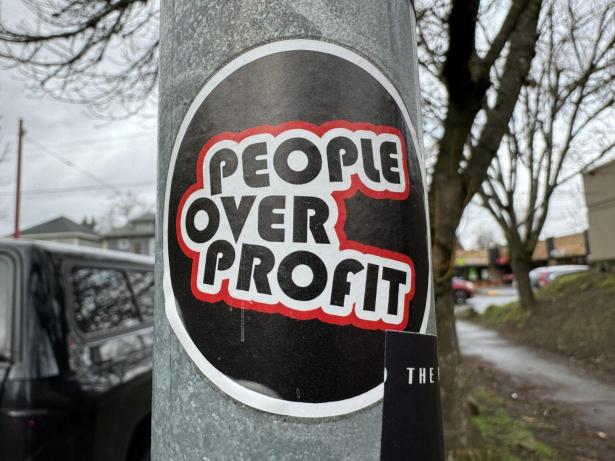by DAVID SCHULTZ

A new report provides perhaps the best detail we have so far on the economic and social consequences of neo-liberal economic policies in America.
If anyone is perplexed or surprised why Americans are so upset about the economy, they should look no further than the Income Distribution and Dynamics in America (IDDA) recent report by the Federal Reserve Board of Minneapolis and its data site that looks at the stagnation of American income and economic mobility in America. It unfortunately confirms what we already know—the neoliberal state benefits unevenly and in ways that confound an ability to challenge it..
America is built upon two myths, the myth of equality and the myth of the American dream. The myth of equality is the idea that we all have an equal opportunity to succeed. The American dream is the idea that by hard work, perseverance, and a little bit of luck, anybody can work themselves out of poverty and potentially become rich. Yet we already knew from previous studies that neo-liberal economic policies have produced a gap between the rich and poor in America from the 1970s to the present that has largely benefited upper-income levels. We also knew that economic mobility has largely stagnated.
Drawing upon IRS and Census Bureau records the Minneapolis Federal Reserve Board was able to construct a portrait regarding the status of income and mobility in America between 2005 and 2019. It does so across gender, race, and geography (state). The importance of this intersectionality is to highlight how inequality and mobility in America is not just about race, it is not just about class, but also how the two intersect in terms of the state where one lives, offering a picture perhaps regarding how specific state policies may impact one’s life prospects.
Portside for more
